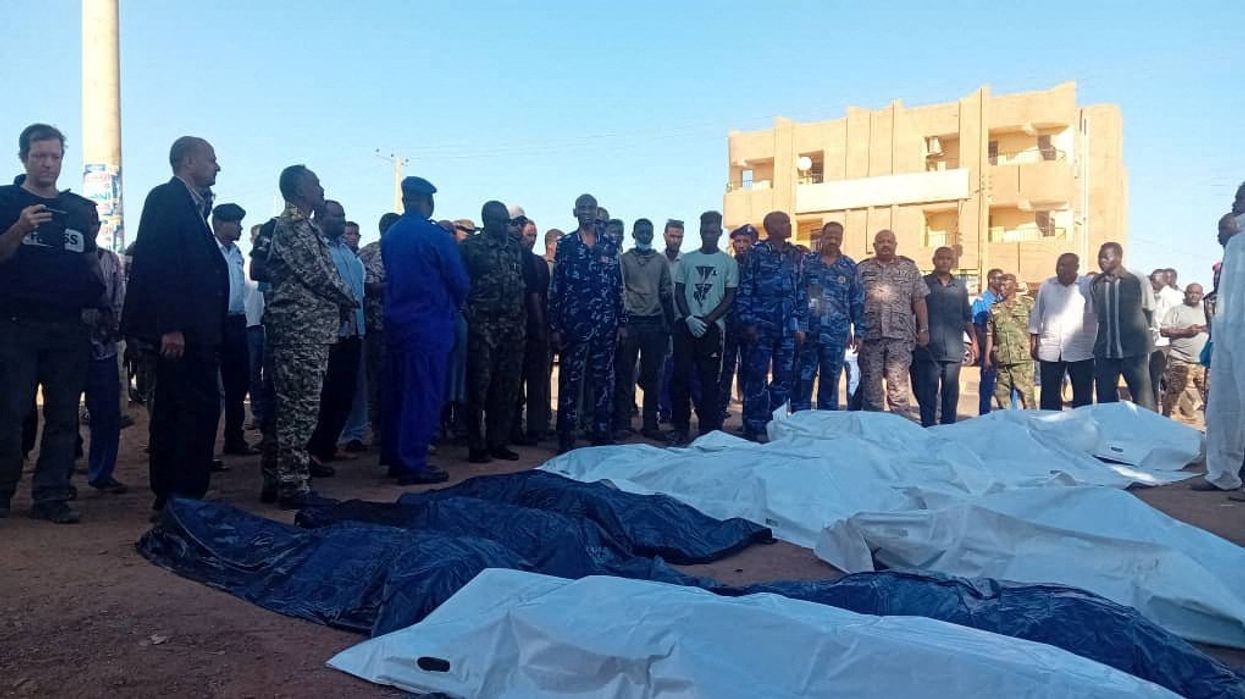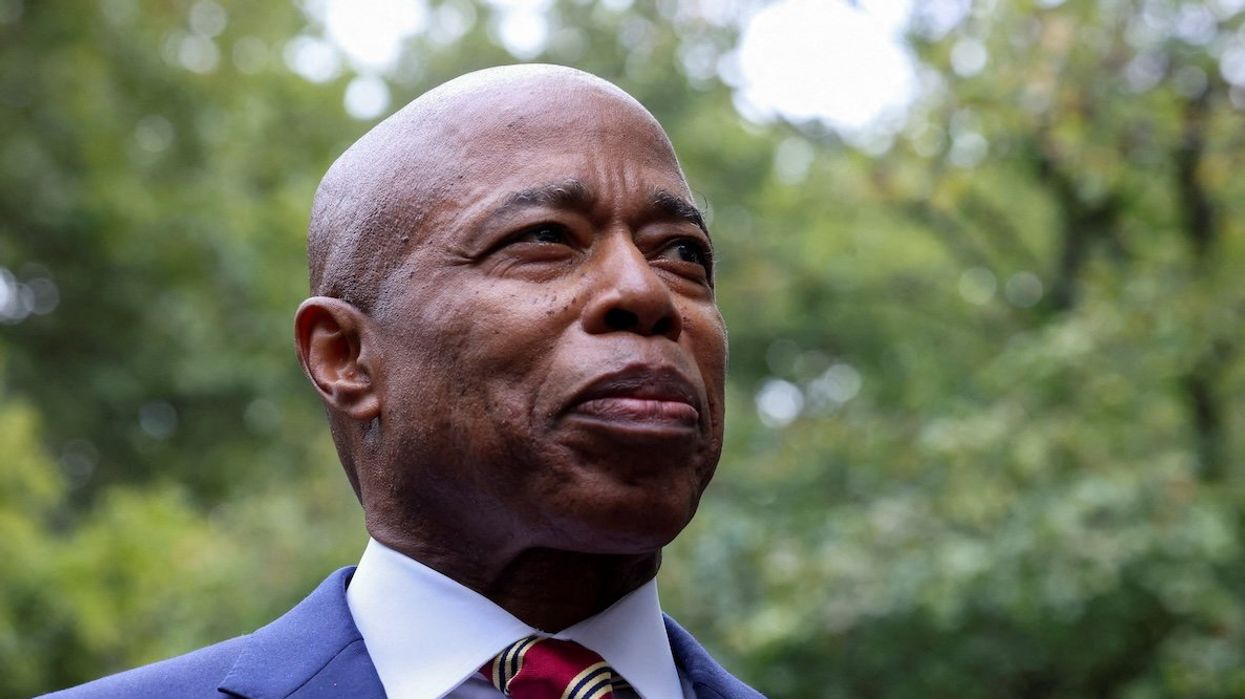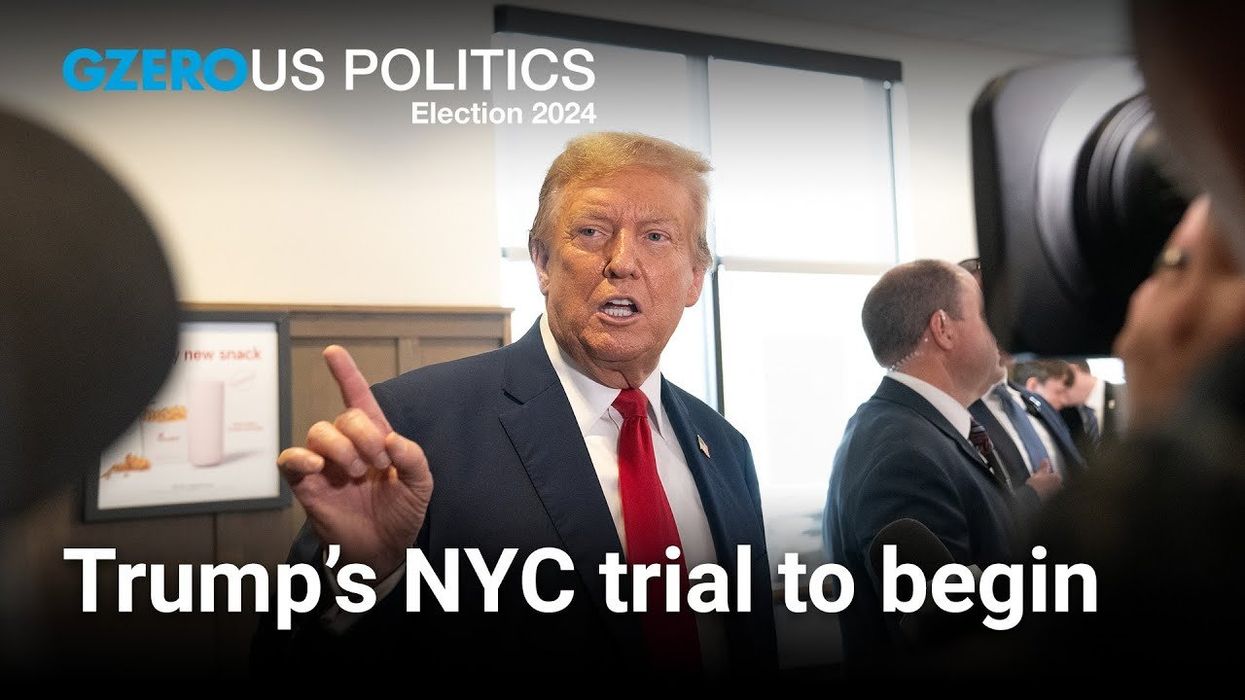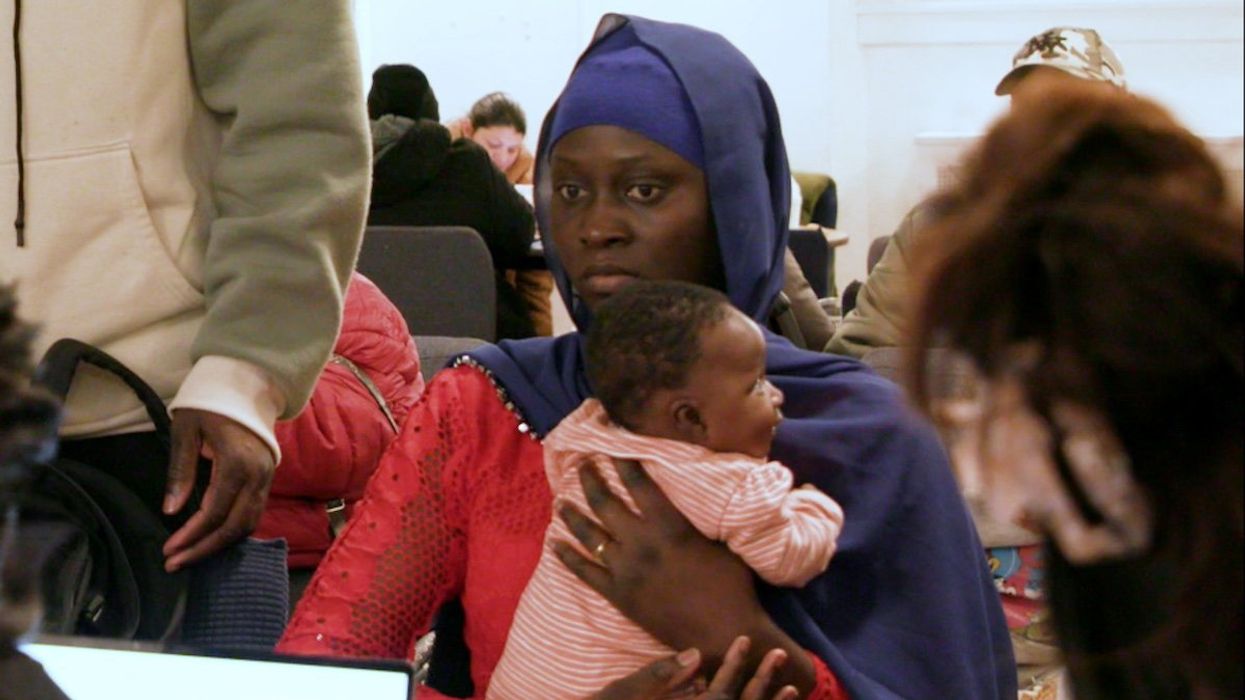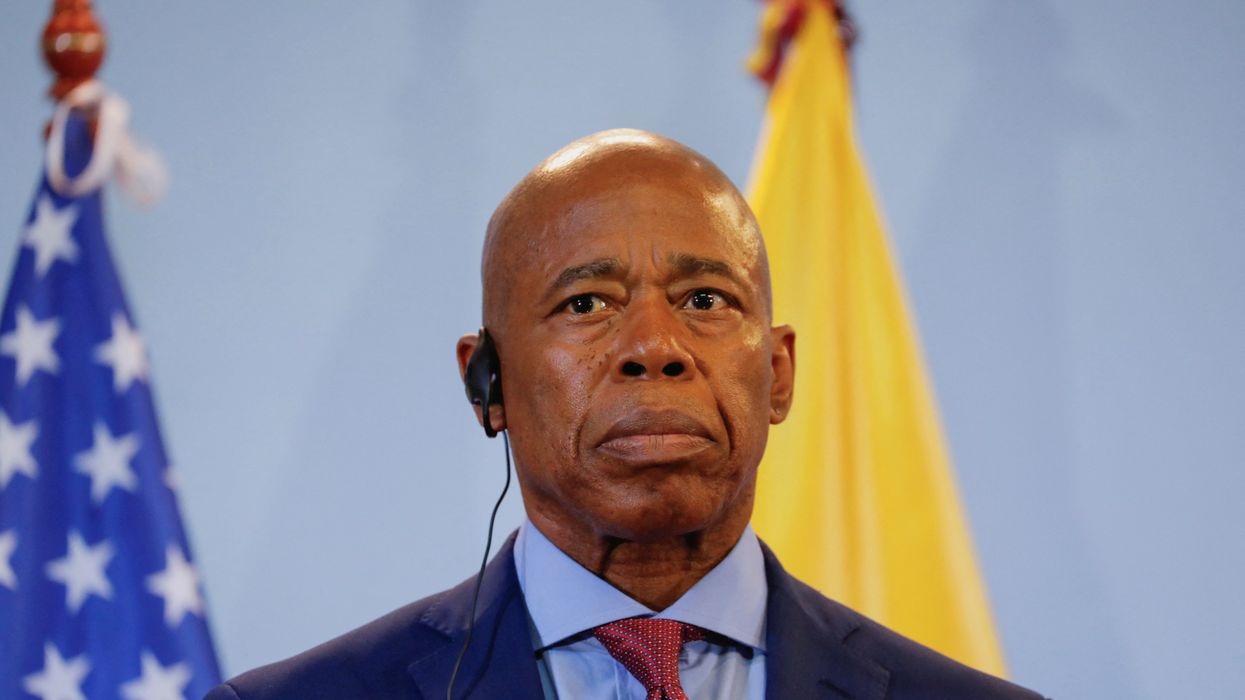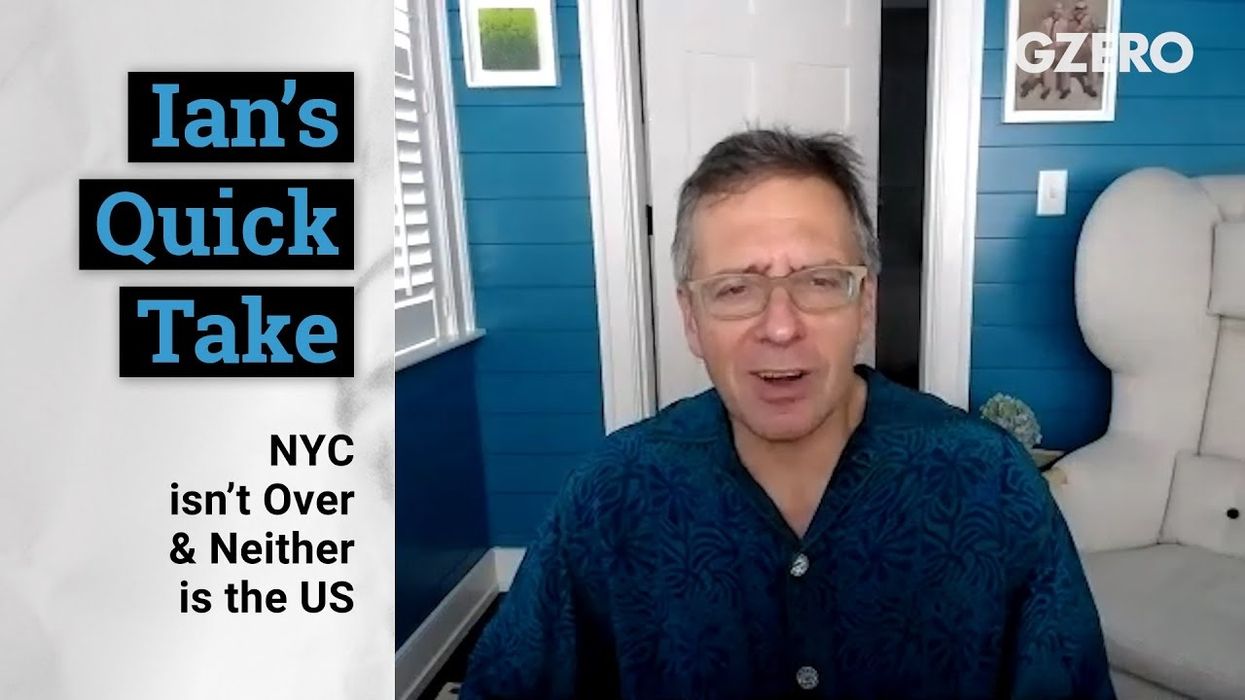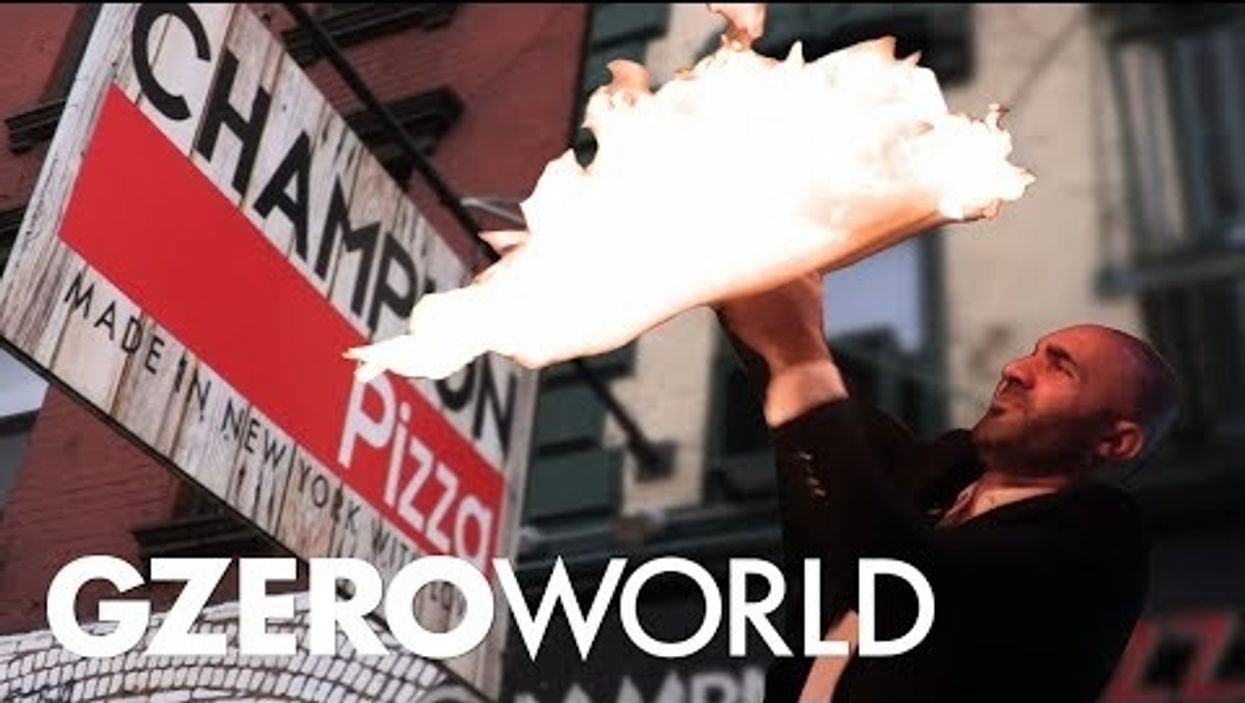Quick Take
What Zohran Mamdani’s win really signals for US politics
In this episode of Ian Bremmer’s Quick Take, Ian digs into the surprise Democratic primary victory of Zohran Mamdani in New York’s mayoral race and why it might be “an early signal of something much bigger in the United States.”
Jun 30, 2025

